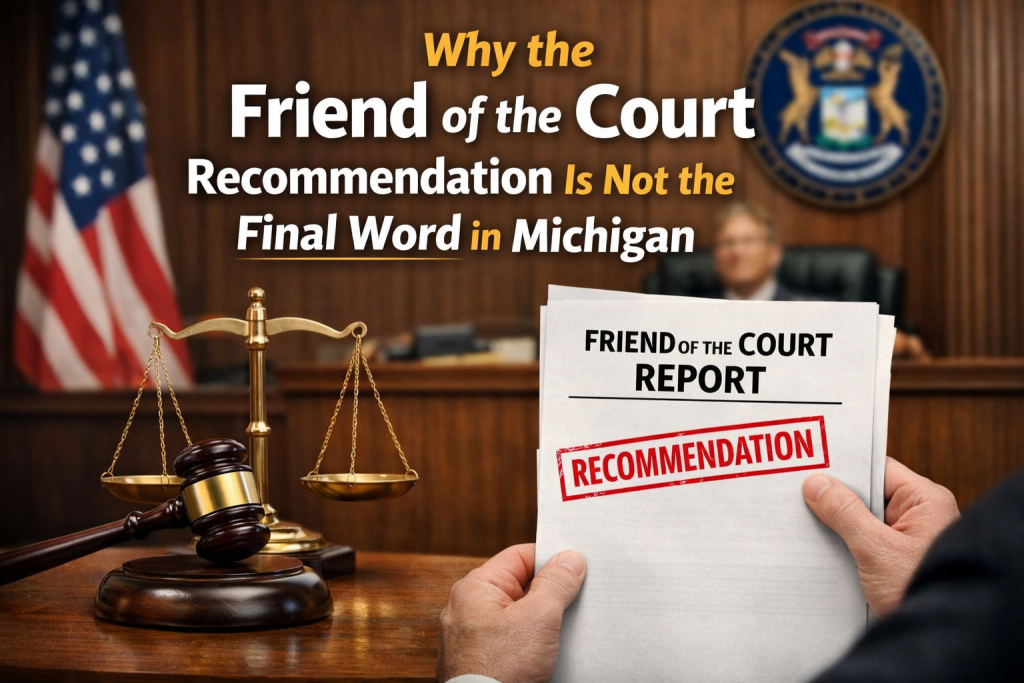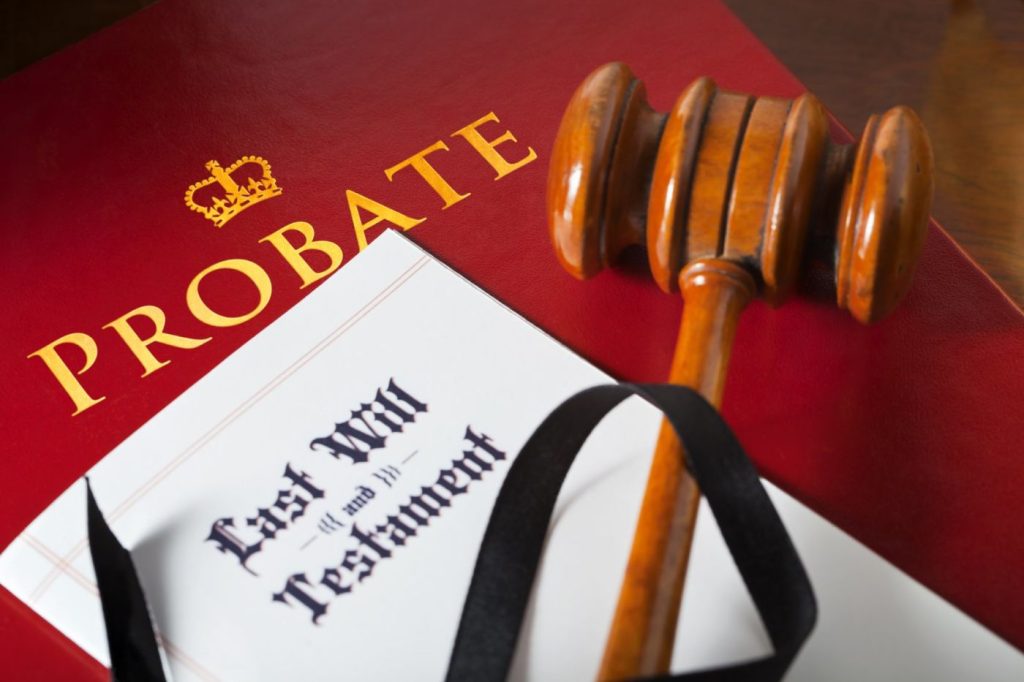Blog
Why the Friend of the Court Recommendation Is Not the Final Word in Michigan
Receiving a Friend of the Court recommendation in Michigan often feels overwhelming. Many parents assume the recommendation decides their custody or parenting time outcome. However, that assumption creates unnecessary fear and costly mistakes. In reality, a Friend of the Court recommendation does not automatically decide…
10 Michigan Probate Questions Families Google Most
When a loved one passes away, families often turn to Google before calling a lawyer. They want quick, clear answers during an emotional and confusing time. These Michigan probate questions appear repeatedly because probate affects real families dealing with deadlines, paperwork, and uncertainty. Understanding the…
How Michigan Courts Decide Child Custody: A Step-by-Step Guide
When parents separate or divorce, child custody often becomes the most emotional and confusing issue. Many parents want to understand how Michigan courts decide child custody and what actually matters to a judge. While every family’s situation differs, Michigan law follows a structured process that…
What Is an Established Custodial Environment in Michigan?
If you face a custody dispute in Michigan, you will hear one phrase again and again: established custodial environment. Parents see it in Friend of the Court recommendations, referee findings, and motions for temporary orders. The phrase matters because it affects how hard it is…




